Publié : 24 September 2025
Actualisé : 3 weeks ago
Fiabilité : ✓ Sources vérifiées
Notre équipe met à jour cet article dès que de nouvelles informations sont disponibles.
⚠️ Important :
This article provides an in-depth analysis of the multiple facets of GPT-5, from technological advancements to ethical implications.
🎯 GPT-5 Innovations
GPT-5 marks a significant milestone in the field of artificial intelligence. Its natural language processing capabilities are impressive, pushing the boundaries of text generation and contextual understanding.
One of the major innovations lies in its improved architecture, allowing it to process more complex information and produce more nuanced responses. This opens up unprecedented perspectives in many fields, from content creation to virtual assistance.
However, this increased power also raises questions about the responsible use of this technology. How can we ensure that GPT-5 will not be used for malicious purposes? This is a major challenge for developers and regulators.
🎯 Controversies Surrounding GPT-5
From its launch, GPT-5 has sparked lively controversies. Some users have pointed out biases in the generated responses, raising concerns about the neutrality of the AI.
Furthermore, the environmental impact of training models that are so resource-intensive is a growing concern. The carbon footprint of digital technology is a major issue, and GPT-5, due to its complexity, contributes to this problem.
Finally, the issue of intellectual property also arises. Who owns the rights to the content generated by GPT-5? These questions remain unanswered and require in-depth discussion.
🎯 Future Perspectives for GPT-5
Despite the controversies, GPT-5 represents considerable potential for the future. Its use in fields such as scientific research, education, or medicine could revolutionize our practices.
The continuous improvement of AI models suggests even more impressive performance in the future. Imagine a world where AI could assist doctors in diagnosing complex diseases or help researchers find innovative solutions to global challenges.
However, it is crucial to regulate the development and use of these technologies. An open and transparent dialogue between industry players, researchers, and the general public is essential to ensure a future where AI benefits all of society.
⚠️ Important :
Ethics and responsibility must be at the heart of the development and use of AI.
⚠️ Important :
A public and transparent debate is essential to regulate the use of GPT-5.
“Artificial intelligence is not a threat in itself, it is the use that is made of it that can be dangerous.” – IActualité
❓ Frequently Asked Questions
How does GPT-5’s improved architecture allow it to process more complex information and produce more nuanced responses concretely?
Why is the environmental impact of training GPT-5 greater than that of previous models, and what solutions are being considered to mitigate it?
What are the consequences of the potentially biased use of GPT-5 in sensitive areas such as justice or recruitment?
Is the issue of intellectual property of content generated by GPT-5 truly new, or is it an adaptation of existing problems for digital works?
🎥 Explanatory Video
Video automatically selected to enrich your reading







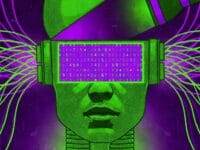





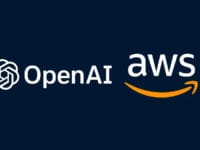



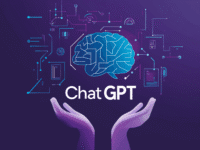
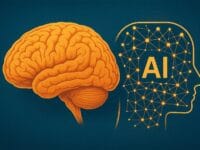
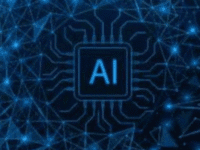


0 Comments